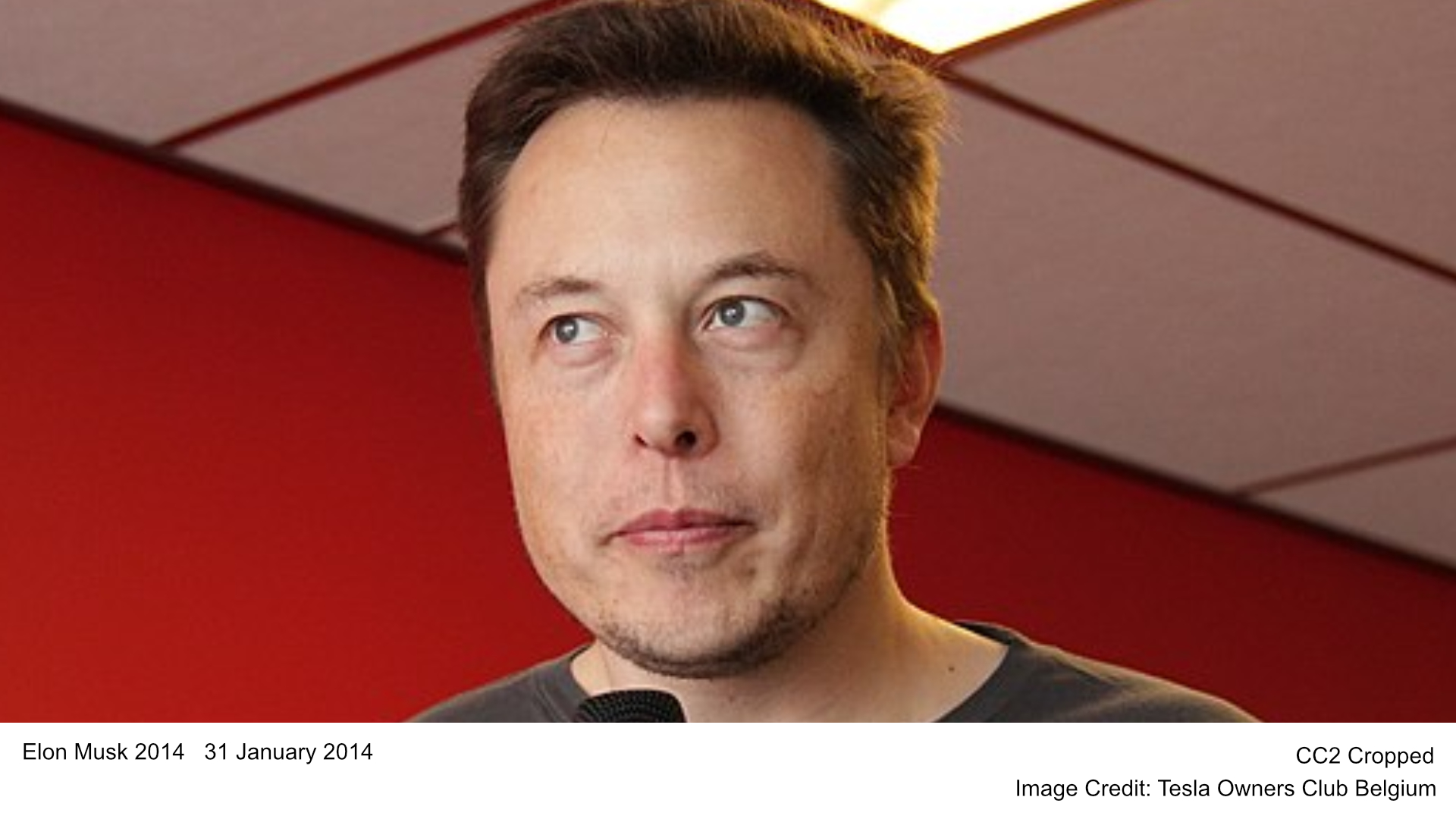Elon Musk, the CEO of Tesla and SpaceX, finds himself at the center of a legal confrontation with the U.S. Securities and Exchange Commission (SEC). The agency has accused Musk of failing to disclose his significant ownership in Twitter stock within the timeframe mandated by securities law. This alleged delay, the SEC claims, allowed Musk to save at least $150 million by purchasing shares at lower prices, disadvantaging other investors.
- SEC Accusation: Elon Musk faces a lawsuit from the SEC for allegedly delaying the disclosure of his Twitter stock ownership, saving $150 million and disadvantaging other investors.
- Legal Background: This isn’t Musk’s first SEC dispute; in 2018, he settled allegations about misleading Tesla investors, paying $20 million in fines.
- Political Context: Regulatory shifts may affect the case as President-elect Donald Trump, a Musk ally, plans to replace SEC Chairman Gary Gensler with Paul Atkins.
- Broader Implications: The lawsuit, along with another shareholder case, highlights ongoing regulatory scrutiny of Musk, which could impact his business operations.
Musk began acquiring Twitter shares in early 2022, surpassing the 5% ownership threshold by March. This ownership level necessitated a public disclosure within ten days, a requirement Musk allegedly ignored until April 4, missing the deadline by 11 days. The SEC’s lawsuit, filed in the U.S. District Court in Washington, D.C., argues that the delay allowed Musk to continue purchasing Twitter shares, totaling over $500 million, without the market being aware of his growing stake. Had the disclosure been timely, the stock price might have increased, reflecting his interest.
The lawsuit seeks a jury trial and demands that Musk return any unjust gains from the delayed disclosure and pay a civil penalty. Musk’s legal representative, Alex Spiro, has sharply criticized the SEC’s actions, labeling the lawsuit as a “sham” and accusing the agency of a prolonged campaign against Musk. Spiro insists that Musk has not violated any laws, while the SEC has remained silent beyond its official complaint.
This legal skirmish is not Musk’s first encounter with the SEC. In 2018, Musk faced allegations of misleading investors about taking Tesla private, culminating in a settlement where both Musk and Tesla paid $20 million in fines, and Musk resigned temporarily as Tesla’s chairman. However, the current complaint does not reference these previous incidents.
Musk completed his $44 billion acquisition of Twitter, rebranding it as X in late 2022. This followed a contentious period where Musk attempted to withdraw from the deal, citing concerns over fake accounts. Despite these challenges, the acquisition was finalized, and it continues to draw significant public and regulatory scrutiny.
The SEC’s lawsuit unfolds amid political changes, with President-elect Donald Trump set to begin his second term. Trump, a supporter of Musk, has expressed intentions to reduce regulations impacting Musk’s companies. Current SEC Chairman Gary Gensler, appointed by President Joe Biden, is slated to step down in January, with Trump planning to nominate Paul Atkins as the new SEC chair. This transition may influence the lawsuit’s trajectory.
In a related matter, the Oklahoma Firefighters Pension and Retirement System filed a lawsuit against Musk in 2022, accusing him of concealing his investments in Twitter. This case, known as Rasella v. Musk, claims that Musk’s lack of transparency negatively affected other shareholders and was filed in the federal court in the Southern District of New York.
As these legal proceedings continue, they underscore the persistent tensions between Musk and regulatory authorities. The outcome of this high-profile case could significantly impact Musk’s future business strategies and his companies’ regulatory landscape.







Be First to Comment